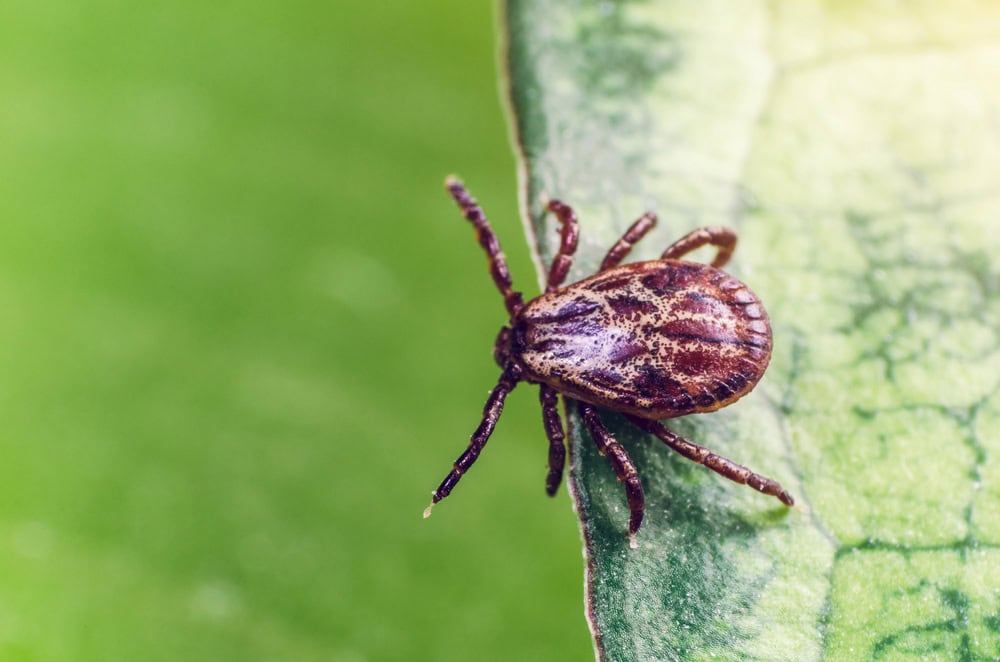Ticks climb to 2000 meters - and the number of accidents rises with them
Ticks can now be found at altitudes of up to 2000 meters above sea level. Their numbers have increased significantly, especially in areas between 500 and 1000 meters above sea level. Whether tick accidents reach record levels depends above all on the temperatures. Now is the right time to prepare for the upcoming tick season and get vaccinated.

The tick season begins in Switzerland as temperatures rise. The warm weather means that ticks become active earlier and at the same time more people are out and about. Tick bites have been steadily increasing since 2003. Between 2015 and 2019, the number of annual cases was around 13,000, rising to around 15,000 between 2020 and 2024 - an increase of 15 percent.
Ticks - a growing risk in Switzerland
Ticks have spread rapidly in recent years and can be found at altitudes of up to 2000 meters above sea level. They are particularly common in areas between 500 and 1000 meters above sea level. The fact that the tick population has grown so much in recent years is partly due to changes in climatic conditions. Mild winters and longer warm periods mean that ticks remain active for longer and can spread to new areas. It is therefore more important than ever to protect yourself from ticks in spring.
What dangers do ticks pose?
Ticks are not only unpleasant, they can also transmit pathogens. Every year, there are 8 invalidity pensions and one death every second year due to tick bites. The pathogens include in particular
- Lyme disease: A bacterial infection that can cause reddening of the skin, nerve damage and, in rare cases, paralysis. Treatment with antibiotics is possible, but there is no vaccination.
- TBE: A viral infection that causes inflammation of the brain and meninges. It can lead to permanent damage or even death. TBE (tick-borne encephalitis) cannot be treated with medication, but a vaccination offers protection.
Vaccinate now and build up protection
Vaccination is a sensible protective measure for people who regularly spend time outdoors. If you want to protect yourself this season, you should consider getting vaccinated now:
- Basic immunization: The first and second vaccinations are given 1 to 3 months apart. After the second vaccination, there is 98% protection for the coming months.
- Third vaccination: This takes place after 5 to 12 months and provides protection for at least 3 years.
- Rapid basic immunization: A shortened vaccination with adapted vaccination intervals is also possible if it has to be done unexpectedly quickly.
Tips to avoid tick bites
In addition to vaccination, there are other measures to prevent ticks:
- Protective clothing: Light-colored, closed clothing makes it more difficult for ticks to access the skin and makes them more visible.
- Tick repellent: Special sprays reduce the risk of tick bites.
- Tick control: After spending time in nature, the body should be carefully searched, especially the back of the knees, armpits and hairline.
- Tick removal: Grasp ticks close to the skin with tweezers or tick tweezers, pull them out slowly and disinfect the puncture site after removing the tick.
Who pays for a tick bite?
The bite of a tick is considered an accident. This is because the law describes an accident as follows: "Sudden, unintended harmful effect of an unusual external factor on the human body". A tick bite also meets these criteria. The costs are therefore covered by accident insurance.
Source: Suva









